BTC ETH USDT
#Iran #RevolutionaryGuard #Cryptocurrency #Corruption #CryptoTheft #Blockchain #DigitalAssets #EconomicSanctions #FinancialCrime #CyberSecurity #CryptoInvestigation #GlobalFinance
Senior officers from Iran’s Revolutionary Guard are at the center of a significant scandal, accused of misappropriating roughly $21 million in cryptocurrency. This incident transpired amidst their probe into a corruption case, lending the situation layers of irony and raising questions about the integrity of those entrusted with upholding the law. The Revolutionary Guard, a powerful faction within Iran known for its influence both within and outside the country’s borders, facing allegations of this nature is particularly noteworthy. It highlights not just potential greed and corruption within its ranks but also the growing role of digital assets in global financial crimes.
The incident sheds light on the challenges of regulating and tracking cryptocurrencies, which, due to their decentralized nature, offer a veil of anonymity to their holders. Cryptocurrencies have been widely celebrated for their ability to democratize finance, providing a means of transaction and store of value outside traditional banking systems. However, this very feature makes them attractive to individuals aiming to bypass legal and financial oversight, including sanctions that have been heavily placed on Iran in relation to its nuclear program and alleged support for terrorism. The $21 million in question ostensibly represents not just a significant financial haul but also a complex challenge in terms of legal and ethical dimensions in the digital age.
The ramifications of this incident are multifold. Firstly, it underscores the vulnerabilities inherent in the digital asset ecosystem to insider threats, a problem not unique to Iran but relevant worldwide. Secondly, it might trigger a ripple effect, prompting both national and international bodies to tighten regulations around cryptocurrency transactions, with a particular focus on security and transparency. For Iran, an investigation into this matter could be seen as a double-edged sword; it is an opportunity to address corruption within but also risks exposing systemic issues within its power structures, potentially leading to international embarrassment or even further sanctions.
Moreover, this situation could influence the market sentiment towards cryptocurrencies. Incidents of theft, especially of this magnitude and involving state actors, could foster uncertainty among investors, possibly leading to fluctuations in cryptocurrency values. It also brings to the forefront discussions about the need for robust security measures, including the adoption of advanced cryptographic standards and regulatory measures that could enhance trust in digital currencies. As the investigation unfolds, stakeholders within the crypto space and international observers will be keenly watching for its implications on cyber security practices, regulatory frameworks, and the broader acceptance of cryptocurrencies in sanctioned states and beyond, signifying a pivotal moment in the nexus between technology, finance, and geopolitics.

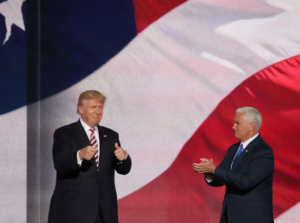

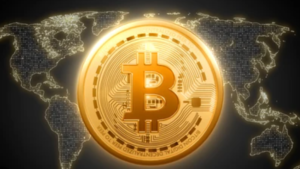
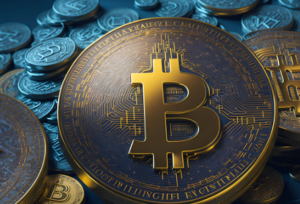

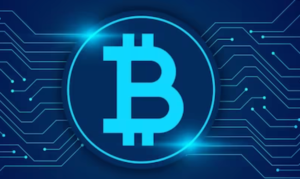

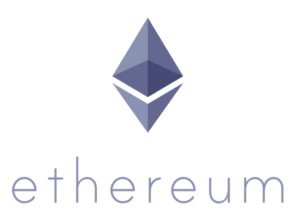

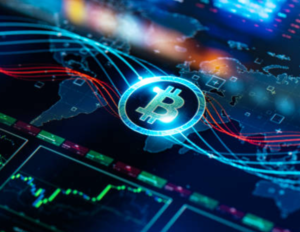
Comments are closed.